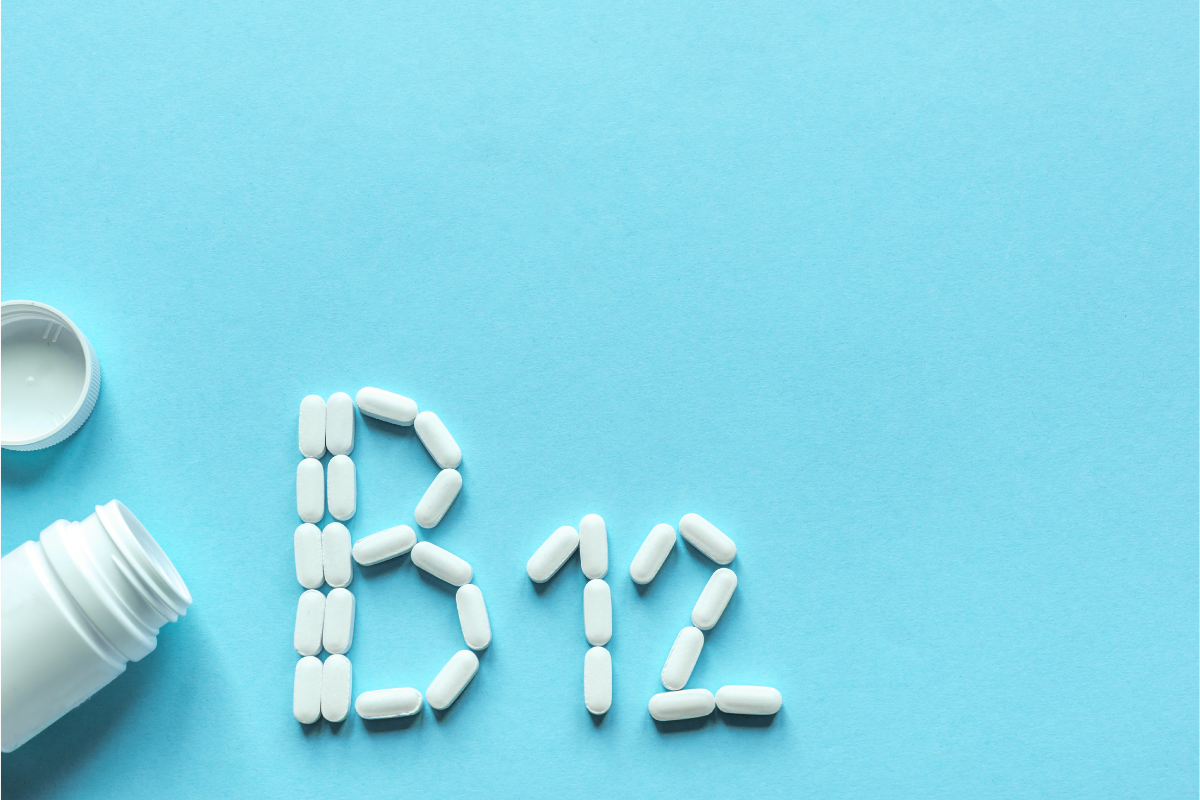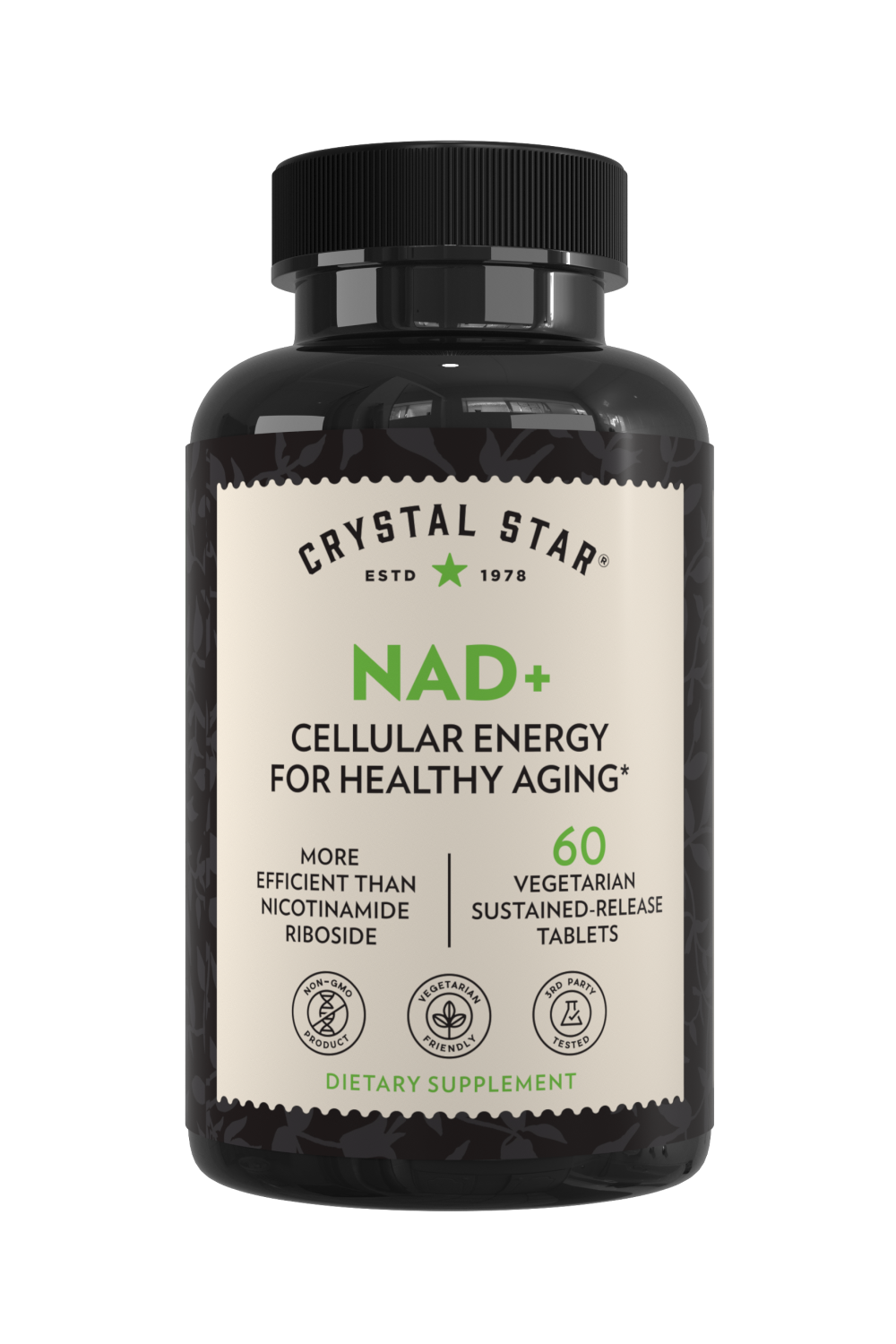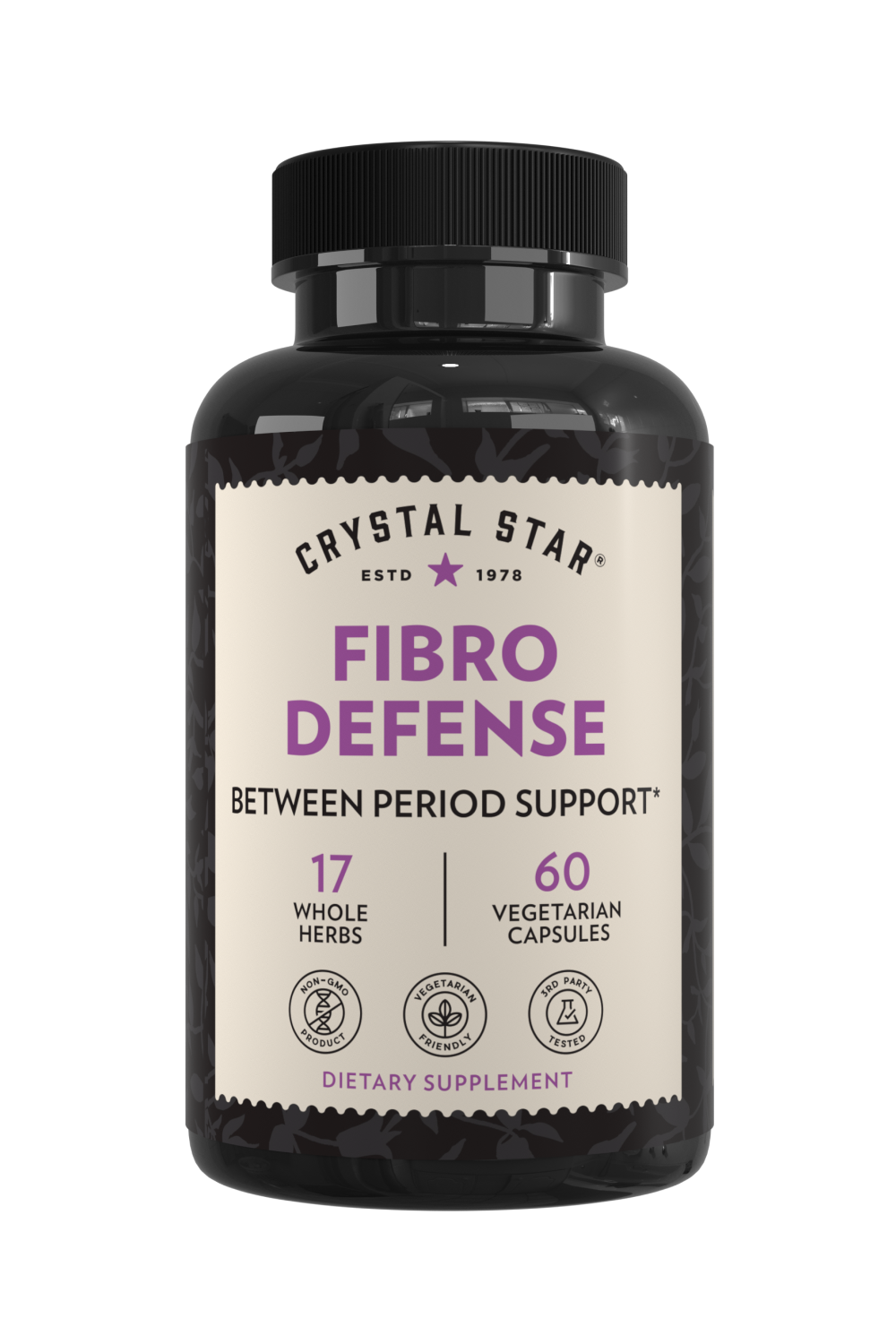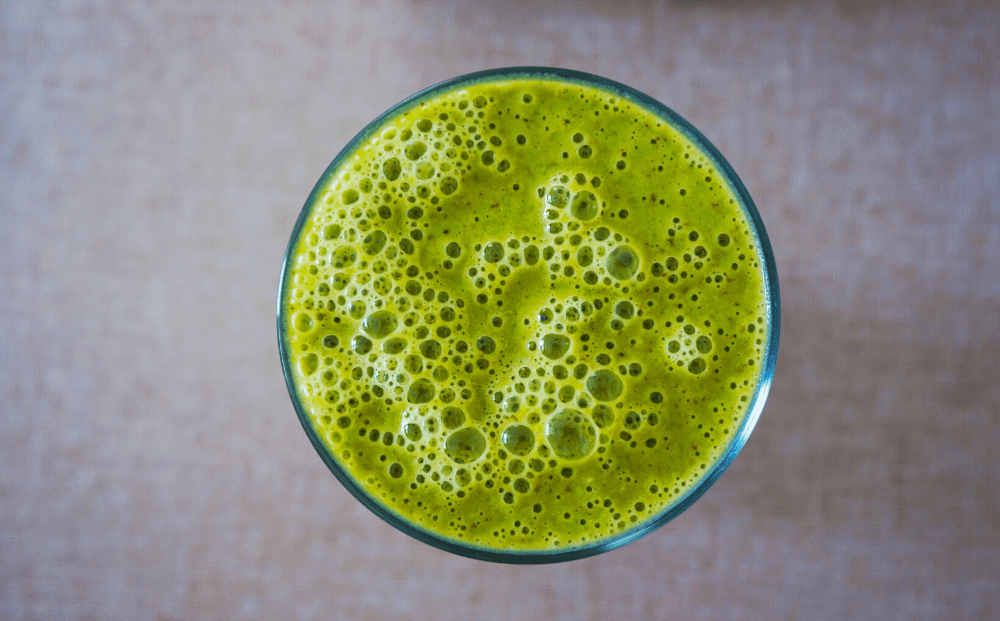
B Vitamins and Brain Health
There has been a lot of discussion about B vitamins over the last few decades but how they actually work in the body has not been fully explained in a way that we can all understand.
Though they play an important role in many bodily processes, B vitamins are a group of essential vitamins that are critical for maintaining optimal brain health. They help convert the food we eat into energy that the brain can use, build and maintain actual structures of our brain cells, and assist in the production of the neurotransmitters that our brains use to communicate with each other. This vitamin fortifies the health of your nervous system and therefore helps prevents issues like cognitive decline, memory loss, mental health issues, and loss of energy.
Vitamin B helps our nerves transmit signals throughout the brain and body though the protection of myelin, a fatty substance that surrounds and insulates nerve fibers.
Obviously, the incorporation of this incredible vitamin is crucial to our health and one of the best (and surprising) ways to incorporate B vitamins into your diet is the addition of seaweeds and kelps. These nutrient dense (and delicious) superfood builds up their concentration of B vitamins including vitamin B12, thiamine, riboflavin, niacin, and folate through sea water.
Here’s why these individual variants of B vitamins are worth looking into:
Vitamin B12: Vitamin B12 is essential for brain health. It is a key player in the formation of myelin. B12 also helps to protect the nerves that transmit signals throughout the brain and body, and it supports the production of neurotransmitters, which are chemicals that allow brain cells to communicate with each other. A deficiency in vitamin B12 can lead to neurological problems, including cognitive impairment, depression, and memory loss.
Thiamine: Thiamine, also known as vitamin B1, helps to produce energy that the brain needs to function properly and is antioxidant in nature. So, not only does it protect the brain from damage caused by free radicals, it helps the brain thrive. Without thiamine, one can become confused by simple tasks, lose memory over time, and experience more serious neurological problems in the long term.
Riboflavin: Riboflavin, or vitamin B2, is also involved in the energetic synergy within brain cells. A deficiency in riboflavin can lead to slower reaction times and mood swings.
Niacin: Niacin, or vitamin B3, is important because it brings balance to the overall nervous system. It helps produce serotonin (your happy hormones) that fight against depression and inability to focus.
Folate: Folate, or vitamin B9, is essential in the development of the brain in early years as well as the healing of the nervous system in adults. It helps your body fight against age-related cognitive decline, balances your mood, and keeps you engaged in your day-to-day life.
If the traditional mediums of consuming kelps and seaweeds through diet are not your jam there are many other options available to you! Our best selling supplement Ocean Minerals can be just what you need.
But like all supplements, it is absolutely important to discuss adding kelps and seaweeds with your care team if you are on medications or have been diagnosed with any significant health issues.








